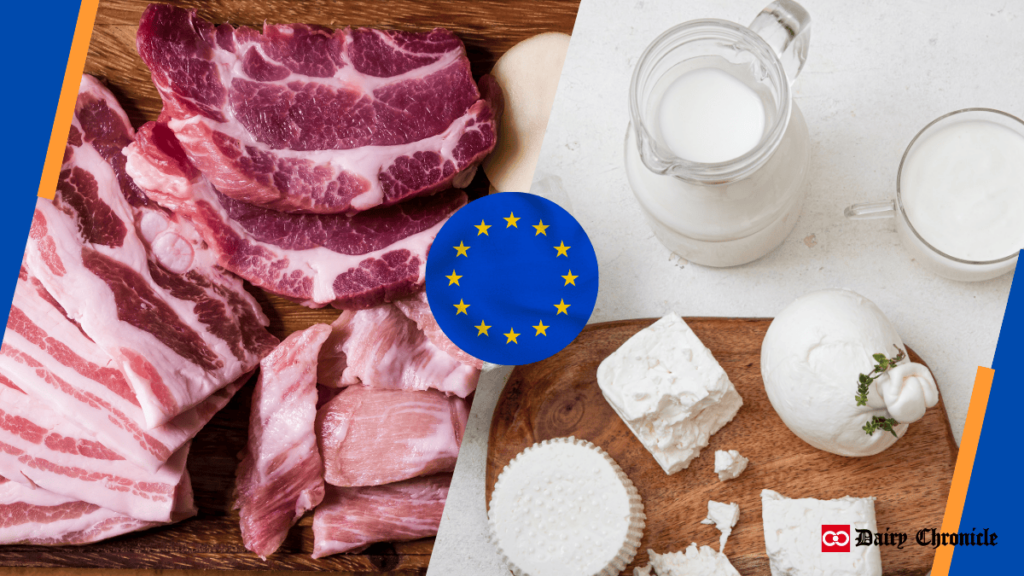A recent InfluenceMap report reveals that the meat and dairy industry in Europe is using lobbying tactics similar to those of Big Oil to undermine climate policies. This strategic influence has led to the weakening and stalling of key EU initiatives aimed at reducing greenhouse gas emissions from agriculture. The report highlights how industry associations have opposed sustainability efforts and influenced political discourse to protect their interests, impacting the EU’s climate goals.
Recent findings reveal that the meat and dairy industry in Europe is using lobbying tactics akin to those of Big Oil to influence and dilute climate policies. An analysis by InfluenceMap, a UK-based think tank, uncovers how these tactics have impacted the European Union’s efforts to combat greenhouse gas emissions from agriculture.
Influence of Meat and Dairy Lobbying
The InfluenceMap report, published in May, highlights how the meat and dairy sector’s lobbying efforts have contributed to the weakening of key EU climate policies. The sector’s strategies resemble those used by the fossil fuel industry, focusing on undermining regulatory measures rather than adopting more sustainable practices.
Campaign Tactics and Policy Impact
InfluenceMap’s research examined the activities of ten major corporations and five industry associations within the meat and dairy sector. The analysis revealed a three-year campaign aimed at influencing six crucial EU policies designed to reduce greenhouse gas emissions from agriculture. These policies include initiatives for sustainable diets and new regulations on pollutants like methane.
The findings show that industry associations such as the European Dairy Association and the European Livestock and Meat Trades Union were largely unsupportive of the EU’s Farm to Fork Strategy, which seeks to promote sustainable diets and environmental sustainability. The report indicates that none of the analyzed associations engaged positively with policies intended to transition diets or reduce livestock emissions.
Strategies and Narratives
The report notes that industry associations employed tactics similar to those used by fossil fuel lobbyists, including spreading misleading narratives. Two primary narratives identified were the portrayal of livestock as essential for society and the downplaying of livestock’s role in climate change. These strategies have been effective, resulting in significant weakening or stalling of key policies, such as the Sustainable Food Systems Framework and revisions to the Industrial Emissions Directive.
Sectoral Divides
The report also highlights a divide between consumer goods companies and traditional meat and dairy producers. While companies like Unilever and Nestlé showed more cooperative attitudes towards climate policies, meat and dairy giants such as Arla and Danish Crown were more resistant. For instance, Arla’s website suggested that the recommended dietary transitions could confuse consumers, potentially discouraging them from choosing dairy products.
Political Influence
The lobbying efforts have also influenced political discourse, particularly within the European People’s Party (EPP), the largest party in the European Parliament. The EPP’s opposition to policies affecting dietary transitions and agricultural emissions reduction reflects the interests of the meat and dairy industry, shaping potential policy shifts ahead of the 2024 EU elections.
InfluenceMap’s findings reveal a sophisticated campaign by the meat and dairy sector to undermine EU climate policies. The report underscores that without science-based regulations, achieving significant reductions in agricultural greenhouse gas emissions in line with climate targets will be challenging. The tactics employed by the meat and dairy industry in Europe mirror those seen in North America, reshaping the landscape of environmental regulation and delaying critical measures to address the impact of animal agriculture on the climate and environment.



